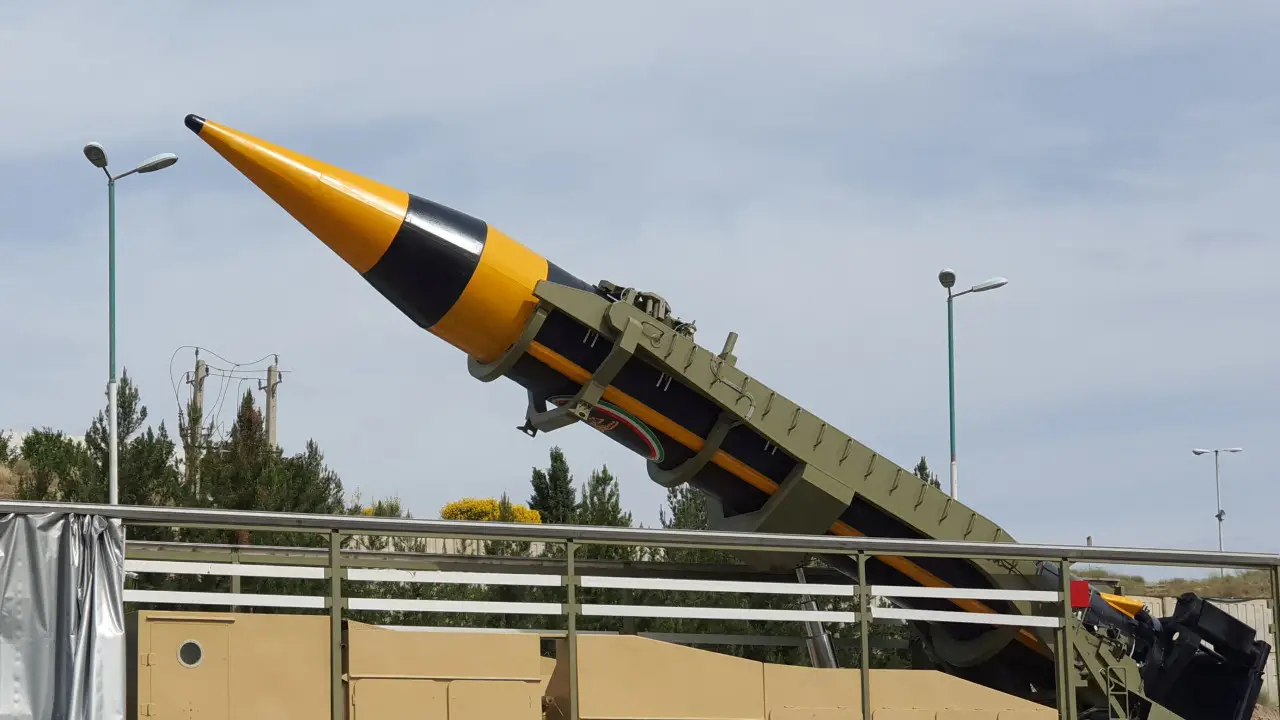
missile (Social Media)
International News: Amid the escalating conflict between Iran and Israel in West Asia, a startling revelation has come to light that has alarmed the global security community. According to the latest report by the Stockholm International Peace Research Institute (SIPRI), one of Iran’s closest ally nations—though not named explicitly—has reportedly developed more than 100 new nuclear warheads in secret. International analysts strongly suspect China to be the country in question. Moreover, a vast network of intercontinental ballistic missile (ICBM) silos is being constructed across expansive desert and mountainous regions.
SIPRI’s annual report highlights a steady yet consistent rise in global nuclear arsenals. While the total number of nuclear weapons has marginally declined in 2025 compared to 2024, certain countries are aggressively expanding their nuclear capabilities. The report indicates a shift in military doctrine, with some nations moving away from “strategic deterrence” toward a posture of “strategic offense.”
In this context, the nation supporting Iran is emerging as a significant nuclear power, not only safeguarding Tehran diplomatically but also playing a vital role in arming it indirectly.
The report estimates that over 100 new nuclear warheads have been added to this country’s arsenal in the past year alone. These weapons are believed to be integrated with highly advanced and supersonic ICBM systems capable of penetrating deep into enemy territory. With this development, the overall number of active nuclear warheads under this nation’s control may now surpass 500.
Satellite imagery and data analyzed by SIPRI reveal that thousands of square kilometers have been utilized to construct fortified ICBM silos. These launch facilities are being built deep underground and in geographically challenging terrains, making them extremely difficult to detect or destroy in the event of a military strike. Defense experts suggest this dispersed infrastructure is a strategic countermeasure designed to withstand a potential large-scale offensive from Israel or Western military coalitions.
Military analysts warn that the situation is evolving to a point where even a coordinated military campaign involving hundreds of Israeli strikes would be insufficient to dismantle the growing nuclear and missile infrastructure of Iran’s ally. This signals a dramatic shift in the strategic balance of power in the Middle East. With such advancements, any future war in the region could have catastrophic, far-reaching consequences—not just for the combatant countries but for global stability as a whole.
Although these developments are centered in West Asia, their ripple effects could impact the entire world. For countries like India, which are deeply involved in regional diplomacy and energy interests in the Gulf, the unchecked expansion of nuclear arms poses a serious concern. It also raises fears about the political misuse of such weapons in future geopolitical standoffs.
In essence, the world is now entering a dangerous phase—not only of increasing warfare threats—but also of an emerging era of nuclear blackmail, where weapons of mass destruction become tools of coercion rather than defense.





Copyright © 2026 Top Indian News
